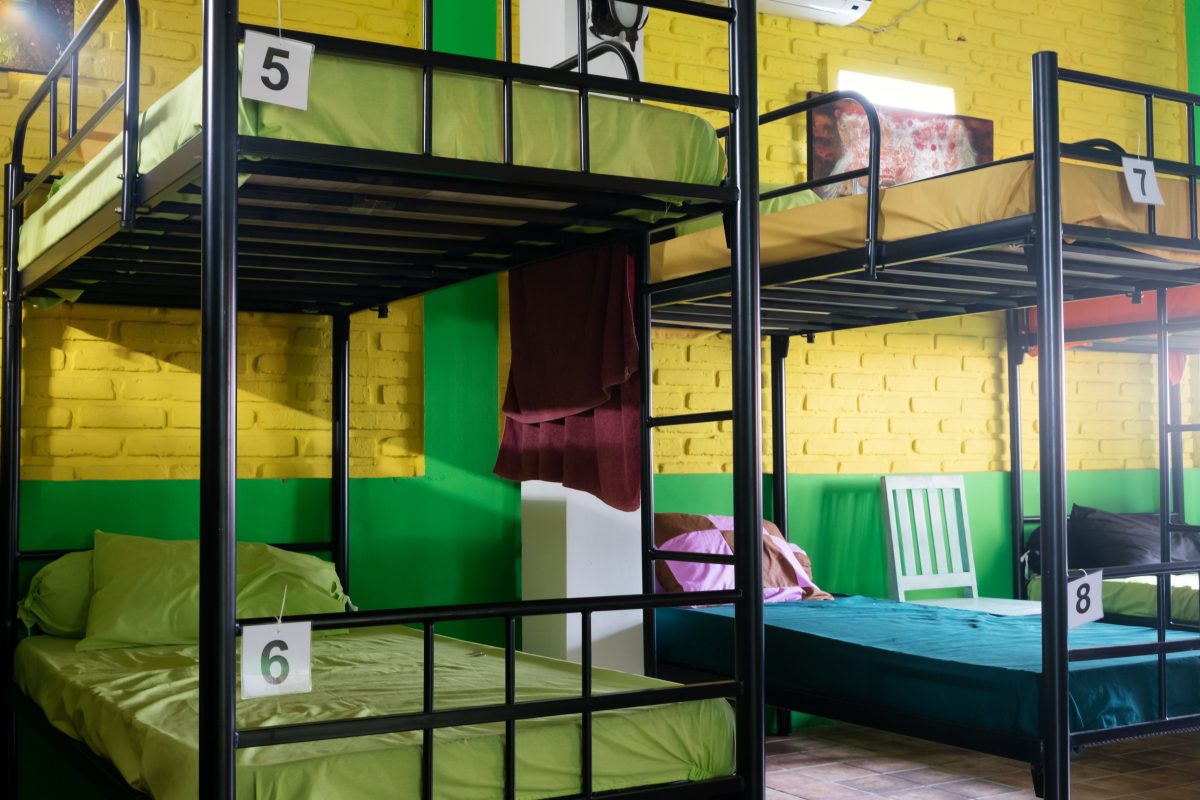For people interested in travelling for seasonal farm work, finding accommodation can be a big challenge. What do you need to know?
Farm jobs – getting back to nature
Seasonal horticulture work out in the fresh air has its benefits. Getting an aerobic workout without paying for gym membership, and getting dirt under your fingernails, appeals to some folk. However, with many interested people living in cities or large regional centres, and farms by their very nature not being in those urban centres, to undertake farm jobs workers usually have to temporarily relocate – and accommodation can be a challenge.
There is often a limited choice of accommodation in regional areas, particularly in small towns. Also, being short-term, the cost is generally higher than long-term rentals.
Where to live while working
Some backpacker hostels still exist even though most internationals have left the country. For young people (and the young-at-heart) who don’t mind sharing rooms and enjoy the social interaction, this can be an ideal option where they are available. Weekly rates are usually between $150 and $200 per week for fully self-contained lodgings and the quality of the place is often, but not always, reflected in the price. Lower prices for longer stays may be offered. However, viable hostels generally only exist in major horticulture centres with extended seasons from the crops that are harvested nearby.
Share houses are another alternative that are offered, but conditions and prices vary considerably. Labour hire contractors and farms will sometimes arrange share housing, which may be on farmland or in a nearby town. However, because some local councils restrict or even ban share houses, anyone choosing to stay at this sort of place needs to know the legality of the arrangements. It is not unknown for a sharehouse to have a large number of people crammed in with unacceptably crowded conditions – make sure you see it before you pay any money or make any commitment.
Regions with only a short working season and few tourism drawcards may not have budget accommodation. However, living out of a caravan or even a decent tent can be quite desirable. Farms which provide grassy sites in an attractive location on the farm itself are usually nice places to park for an extended stay.
Mining style camps are occasionally offered, usually based on shipping containers or ‘donga’ buildings. The standard of these are usually quite high and they may even have ensuite bathrooms, even if they may be a little spartan. If available this option can be a decent alternative, especially for single people. Unfortunately these are few and far between.

Taking your own
For those with their own self-contained mobile accommodation there will always be options. For travellers without an on-board shower and toilet, or who have just a tent, a farm with a basic ablution block is sometimes enough to keep people happy for a few weeks, or even months. Usually the lower the standard offered the cheaper it is, but don’t be deterred by ‘free’ offerings. While that might mean a low standard, it might just be a farm with something decent to offer desperately trying to entice a workforce. As always, check out what is being offered before you commit.
Many regional towns have a caravan park. These are not always fully optioned tourist parks and some are even unmanned with an honesty payment system at token rates. Site prices will vary considerably, but for those without a toilet and shower, especially if tenting, this can be the ideal option. Expect powered sites to be in the high hundreds to $200 per week, and more with full tourist facilities. Unpowered sites can be substantially less.
Financial support for rent
The Commonwealth Government is currently funding the AgMove program to assist with the cost of relocating workers, both Australians and visa holders. Up to two months of rent may be reimbursed as part of the package (conditions apply). Go to the Harvest Trail website (www.harvesttrail.gov.au) for more information or contact the Harvest Trail Information Service on free call 1800 062 332.
How to find out what is available
A great way to check what type of accommodation options are available in a town or ‘harvest region’, check out the National Harvest Guide on the Harvest Trail website. Be aware that due to COVID-19 some facilities listed may not be operational at the moment, particularly hostels, but it provides a guide to what accommodation types are usually available. Although it does not list accommodation by facility, Google is your next best option to seek out contact details. Any farmer who is offering you a job will also have great local knowledge and, if asked, is likely to point you in the right direction.
